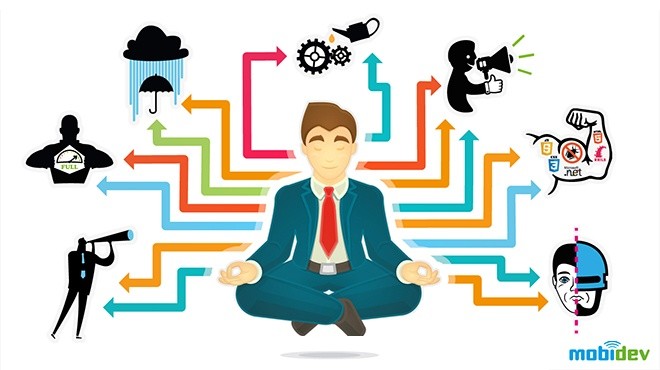In the fast-paced world of project management, staying ahead of the curve is essential for success. As organizations increasingly recognize the need for efficiency, cost-effectiveness, and streamlined workflows, the integration of AI-Powered Project Coordination into project management has emerged as a game-changer. This article explores the transformative impact of AI on project management and how it is revolutionizing the way teams plan, execute, and deliver projects.
- Automated Task Management:
One of the primary advantages of AI in project management is its ability to automate routine and time-consuming tasks. AI-powered project management tools can handle task assignment, scheduling, and tracking, freeing up project managers and team members to focus on more strategic and creative aspects of their work. This not only enhances productivity but also reduces the risk of human error in task allocation and progress monitoring.
- Predictive Analytics for Resource Allocation:
AI algorithms can analyze vast amounts of historical project data to predict future resource needs accurately. This capability enables project managers to allocate resources more efficiently, ensuring that teams have the right skills and tools at the right time. By optimizing resource allocation, organizations can minimize costs and enhance overall project performance.
- Risk Management and Decision Support:
AI excels in processing large datasets and identifying patterns. In project management, this ability is invaluable for risk management. AI algorithms can analyze potential risks by considering historical project data, external factors, and market trends. Project managers can then make informed decisions to mitigate risks and ensure project success. AI also provides decision support by offering insights and recommendations based on real-time data.
- Natural Language Processing (NLP) for Communication:
Effective communication is crucial for project success. NLP, a subset of AI, facilitates improved communication within project teams. AI-powered chatbots and virtual assistants can streamline communication by understanding and responding to natural language queries. This not only fosters collaboration but also ensures that everyone on the team has access to the information they need, when they need it.
- Continuous Learning and Improvement:
AI systems learn and adapt over time, making them ideal for continuous improvement in project management. By analyzing project outcomes, identifying areas for improvement, and learning from past successes and failures, AI can contribute to a culture of continuous learning within an organization. This iterative process helps teams refine their strategies and approaches for future projects, ultimately leading to higher project success rates.
Conclusion:
The integration of AI into project management represents a significant leap forward in the quest for more efficient, cost-effective, and successful project delivery. By automating tasks, providing predictive analytics, managing risks, enhancing communication, and promoting continuous learning, AI is reshaping the landscape of project management.
